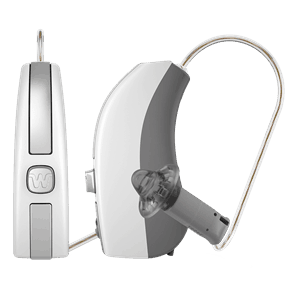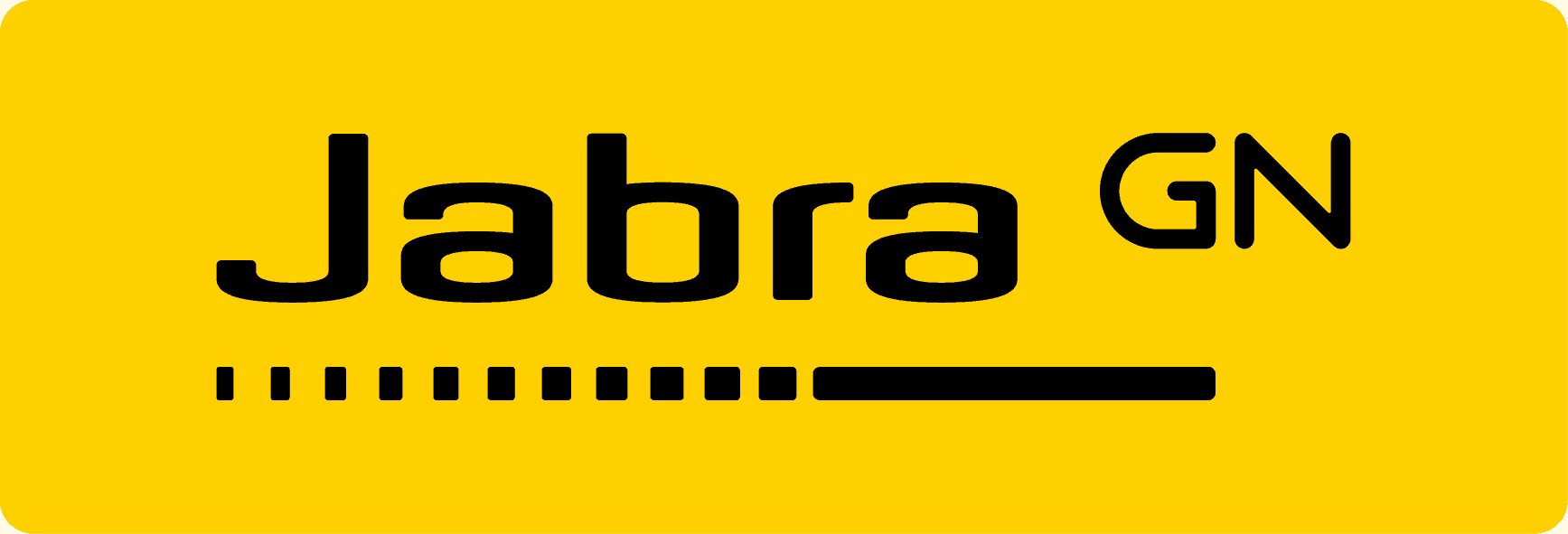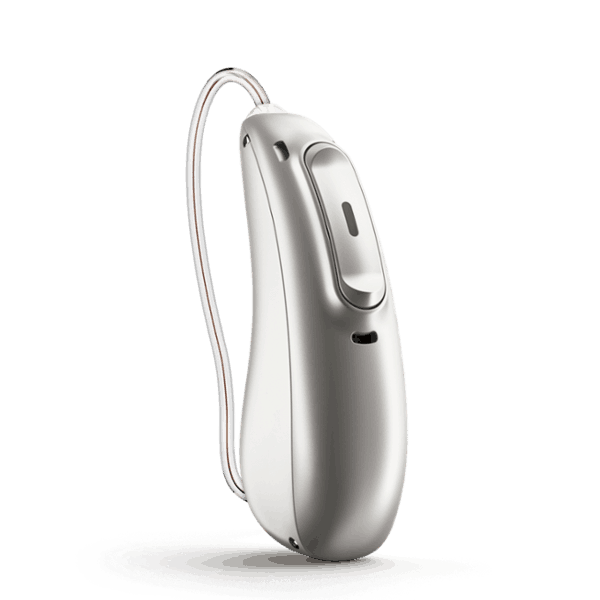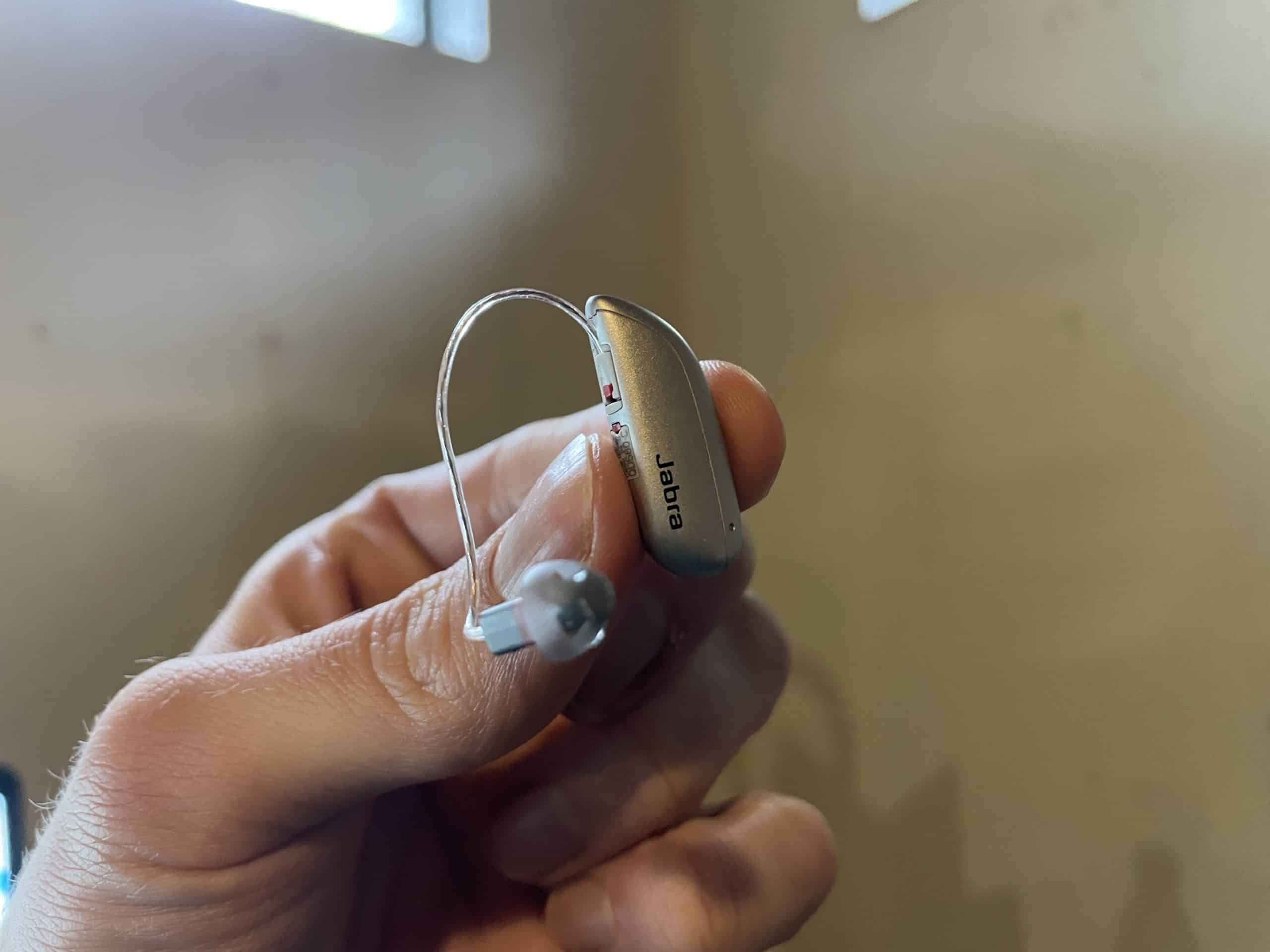The Best Hearing Aids for Musicians of 2025

For a musician, hearing loss can be an especially terrifying experience. Yet, studies suggest that, due to long-term exposure to loud sounds, musicians are at a higher risk of hearing loss. For many people, hearing aids can help restore the ability to hear sounds in all of their beauty. In our tests of over 30 devices from 10 top hearing aid manufacturers, we found that Widex hearing aids offer the highest quality solutions for musicians with hearing loss. Further, Phonak hearing aids excel in Bluetooth streaming capabilities. Finally, we chose Jabra Enhance hearing aids as our favorite OTC option.
Hearing Aids for Musicians: Key Findings
- In our experience, Widex hearing aids deliver the best sound performance for musicians and music lovers.
- Through their extensive Bluetooth compatibility, Phonak hearing aids are another great option.
- Jabra Enhance is one of the few OTC hearing aid brands to offer Bluetooth audio streaming from a smartphone.
Pro Tip: Looking to compare our top-rated hearing aid brands? Read our full guide to this year’s best hearing aids overall.
Our Methodology
When choosing the best hearing aids for musicians, we evaluated each brand on the following criteria:
- Sound processing speed: We looked for hearing aids with minimal latency and processing speeds under 5 milliseconds. Slower processing can create an echo effect that makes it difficult to perform or practice.
- Pricing and warranties: While a pair of hearing aids can easily cost upward of $7,000, we looked for options that can be purchased for $4,000 or less.
- Program customization: Musicians require different settings for practicing, performing, and daily life, so we looked for hearing aids with customizable programs that allow them to be worn in a variety of sound environments.
- Bluetooth functionality: If you want to stream music directly to your hearing aids, Bluetooth-compatible hearing aids are a must for a musician’s hearing aids.
- Feedback suppression: Since musicians often work with loud sounds and may wear headphones, we tested each device’s feedback cancellation.
FYI: Trying to figure out which hearing aid is right for you? Check out our Hearing Aid Buyers’ Guide.
The Best Hearing Aids for Musicians
- Widex : Best Hearing Aid for Musicians
- Phonak : Best for Bluetooth Streaming
- Jabra Enhance : Best OTC Option
Hearing Aid Brands Compared
|
Widex
 |
Phonak
 |
Jabra Enhance
 |
|
|---|---|---|---|
| Rating out of 5 | 4.1 | 4.4 | 4.7 |
| Price for a pair | $2,000-$7,000 |
$3,000-$6,000 |
$995-$1,995 |
| Purchasing option | In-office |
In-office |
Online |
| Standout features |
|
|
|
| Smartphone app | Yes |
Yes |
Yes |
| Bluetooth streaming | Yes |
Yes |
Yes |
| Read More | Widex Review | Phonak Review | Jabra Enhance Review |
1. Widex - Best Hearing Aid for Musicians
 View Pricing
Links to ZipHearing.com
View Pricing
Links to ZipHearing.com
What We Like Most:
- iPhone and Android compatible
- PureSound technology
- Solutions for mild-to-profound hearing loss
- Behind-the-ear and in-ear styles

Overview

Cost: $2,000 to $7,000 per pair
In our experience, Widex hearing aids offer exceptional sound quality that is suitable for musicians and music lovers. Their Moment SmartRIC model has advanced processing capabilities, making it particularly suitable for the complex acoustic environments musicians typically encounter. Its natural sound reproduction and minimal distortion make it our top choice for musicians.
>> Read more: The Best Hearing Aids for Severe Hearing Loss
Widex Moment SmartRIC, as well as several other models, feature the company’s PureSound technology, which reduces the artificial sound quality common in many hearing aids. This technology adapts seamlessly to different acoustic environments, from practice rooms to concert halls, ensuring that musical nuances remain intact. Additionally, the system’s ultra-fast processing speed helps eliminate the echo effect that can plague other hearing aids, making it particularly valuable for live performance situations.
Our testing revealed impressive performance in noisy environments. Widex hearing aids showed particular strength in preserving the natural timbre of instruments, allowing musicians to hear subtle tonal variations. We also appreciated that the Widex Moment app provides comprehensive control over hearing aid settings through a user-friendly interface. Users can create and save custom programs for different performance venues, practice situations, or everyday life environments.
>> Read more: The Best Affordable Hearing Aids
The main downside of Widex hearing aids is their cost, which typically ranges from $2,000 to $7,000 per pair. If you want the premium features we’ve described above, your price will likely be on the higher end. While this cost is high, in our experience, Widex customer support and hearing specialists are among the best in the industry.
To learn more about Widex hearing aids and their potential costs, read our full Widex hearing aids review.
Pro Tip: Many hearing aid companies have accessories (usually sold separately) that allow you to stream straight to your hearing aids from any device with a headphone jack, even without Bluetooth. If you play an instrument like a keyboard that includes a headphone jack, this type of accessory may be the solution that provides the best audio quality.
Pros
- Advanced PureSound technology
- Exceptional sound clarity in musical environments
- Extensive customization options via smartphone app
- Robust build quality for long-term durability
- Superior noise management in complex environments
Cons
- Requires in-person appointments
- Higher price point than competitors
2. Phonak - Best for Bluetooth Streaming
 View Pricing
Links to ZipHearing.com
View Pricing
Links to ZipHearing.com
What We Like Most:
- Prices from $3,000 a pair
- Accurate sound quality
- Bluetooth compatibility
- Useful smartphone app

Overview

Cost: $3,000 to $6,000 for a pair
Phonak has long been one of our favorite hearing aid brands for tinnitus. Conveniently, it also makes some of the best hearing aids for musicians. The company’s use of ERA chips delivers unparalleled performance.
The Phonak Audeo Sphere Infinio represents the latest advancement in Phonak’s hearing technology, offering musicians an exceptional listening experience. This model combines sophisticated sound processing with extended battery life, lasting upward of 18 hours, making it ideal for long rehearsals or performances. The sleek design houses powerful technology that can handle the complex acoustic demands of musical environments while remaining comfortable during extended wear.
Sound quality aside, the device’s connectivity capabilities are particularly impressive. It supports simultaneous connection to up to eight Bluetooth devices, allowing musicians to seamlessly switch between live acoustic sound and streaming audio from various sources. The built-in RogerDirect technology, when paired with a compatible Roger microphone, provides exceptional clarity in challenging acoustic environments, making it easier to follow conversations or hear specific instruments in ensemble settings.
FYI: From Roger microphones to TV streamers, most hearing aid users will need a variety of accessories. To learn about how these all work, read our hearing aid buying guide.
During our tests in various noisy environments, the Phonak Audeo Sphere Infinio demonstrated superior performance. In crowded cafes and on windy streets, the hearing aids produced no feedback, and they drowned out background noise accordingly. The myPhonak app made our hearing aids even more functional, allowing us to create custom programs for different environments.
Phonak hearing aids typically range from $3,000 to $6,000 per pair, making them a bit more expensive than OTC brands. That said, the in-person service you’ll get from a hearing specialist will likely help you fine-tune the hearing aids to your specific needs.
To learn more about Phonak pricing and their approach to customer service, read our full Phonak hearing aids review.
Pros
- Advanced ERA chip processing
- Multidevice Bluetooth connectivity (up to eight devices)
- Built-in RogerDirect compatibility
- Excellent battery life
- Sophisticated noise reduction technology
Cons
- Requires in-person appointments
- Premium pricing structure
- Complex app interface for new users
3. Jabra Enhance - Best OTC Option
 View Packages
Links to Jabra Enhance
View Packages
Links to Jabra Enhance
What We Like Most:
- Prices from $995 a pair
- Bluetooth streaming of calls and music
- Solid performance in noisy environments
- Adjustable settings via the Jabra Enhance app

Overview

Cost: $995 to $1,995 per pair
Jabra Enhance Select hearing aids stand out as an exceptional choice for musicians, thanks to their innovative SoundScape technology. This advanced system provides precise acoustic management, allowing wearers to distinguish between different sound sources and focus on specific instruments or voices even in complex musical environments. The technology adapts seamlessly to various listening situations, from intimate practice sessions to full ensemble performances.
During our extensive testing process, these hearing aids consistently impressed us in challenging acoustic environments. Tested in a crowded rehearsal space, the devices maintained crystal-clear sound separation, allowing us to clearly distinguish between different instruments while effectively reducing background noise. The natural sound quality remained consistent even in dynamic musical situations, from soft passages to louder segments.
The Bluetooth streaming capabilities proved invaluable for musicians who need to reference recordings or take calls between sessions. The wireless connectivity was stable and reliable, with minimal latency when streaming audio. The sound quality during streaming was notably superior to many competitors we tested, maintaining the nuanced tonal qualities essential for musicians.
Pro Tip: If you are a music lover, but not a musician, think of how you like to listen to music before you purchase your aids. Do you like to stream music from your phone? Then Bluetooth- compatible aids are a great choice. Do you like to listen to a record player? If so, you are probably more interested in a hearing aid with a great acoustic music program.
The Jabra Enhance Select app’s interface allows for quick adjustments to volume, directional focus, and noise reduction levels, making it simple to adapt to different acoustic environments on the fly. You may even be able to further expand your music program by purchasing their remote follow-up care.
Jabra Enhance hearing aids cost $995 on the low end. But if you want the advanced SoundScape technology, you’ll need one of their premium models (Enhance Select 300 or 500), which start at $1,495 for a pair. One annoying aspect of Jabra Enhance is that they charge an extra $200 for professional support from their team of hearing specialists. That said, since this extra charge also expands the warranty from one year to three, we think it’s definitely worth it.
To learn more about Jabra’s hearing aid models and our experience using them, read our Jabra hearing aids review.
Pros
- Easy and comfortable to wear
- High-quality sound
- Ongoing support from hearing professionals
- Easy-to-adjust settings
- Bluetooth compatible
- Rechargeable options
Cons
- Extra costs for professional support
- No invisible models
Honorable Mentions
- Oticon: Oticon hearing aids excel in terms of sound quality. To learn more about the company’s Opn platform, read our full Oticon review.
- Eargo: We found that Eargo hearing aids perform well in a variety of sound environments, but the company has yet to incorporate Bluetooth streaming into their devices.
- Lexie: Despite having several models equipped with Bose technology, Lexie hearing aids have yet to introduce music streaming.
How Musicians Should Shop for Hearing Aids
Musicians seeking hearing aids should approach their search with careful consideration of their unique needs as performers. While the average person only needs hearing aids for relatively predictable environments (home, outdoors, and restaurants, for example), musicians require a much finer attunement to sound.
FYI: In one study of hearing aid users, over one-third of participants reported experiencing acoustic feedback when listening to music, underscoring the importance of choosing a pair with advanced feedback reduction.
Your first step should be consulting an audiologist who has experience working with musicians. These specialists understand the specific requirements for hearing music accurately. They can provide a thorough hearing evaluation and recommend appropriate devices that preserve the nuances crucial for musical performance. They’ll also be able to fit the hearing aids to a user’s unique hearing loss.

When evaluating hearing aids, musicians should prioritize devices with fast sound processing speeds to minimize latency, which can create disturbing echo effects during performance. They should also look for models offering extended frequency ranges that can capture the full spectrum of musical sounds, from deep bass to high treble notes. Features such as multiple program settings are essential for switching between practice, performance, and daily listening environments.
>> Read more: The Best Rechargeable Hearing Aids
It’s worth investing time in testing different brands and models, particularly those known for superior music reproduction like Widex, Phonak, and Jabra Enhance. Musicians should try the hearing aids in various acoustic environments, including their typical performance spaces if possible. They should pay special attention to how well the devices handle both soft and loud passages without distortion.
While cost is a consideration, musicians should view hearing aids as an essential professional investment. The right hearing aids will not only preserve their ability to perform but can also help protect their remaining hearing through proper amplification and noise management features.
OTC vs. Prescription Hearing Aids
Many OTC hearing aids now utilize advanced technology comparable to prescription brands, with features like sophisticated sound processing, Bluetooth connectivity, and customizable programs. However, the key difference lies not in the technology itself but in the level of professional support provided.
Prescription hearing aid manufacturers partner with audiologists and hearing specialists who provide comprehensive, in-person support throughout the fitting and adjustment process. These professionals can fine-tune devices specifically for musical applications, ensuring optimal performance in various acoustic environments. They can also make ongoing adjustments as a musician’s needs change or as they encounter new performance situations.
While OTC hearing aids can offer significant cost savings, musicians considering this route should carefully evaluate the support options. Look for brands that offer extensive trial periods (ideally 45 days or more) and provide access to hearing health specialists through telehealth or remote support services. These specialists should be able to help with initial setup and make programming adjustments based on your specific musical needs.
Regardless of which path you choose, the key is ensuring access to professional support for proper fitting and optimization. A well-fitted OTC hearing aid can serve a musician effectively. However, without proper professional support, even the most advanced technology may not deliver optimal results for musical applications.
Bottom Line
Choosing the right hearing aids as a musician requires careful consideration of both technical specifications and support services. While premium brands like Widex, Phonak, and Jabra Enhance offer excellent features for musicians, the key to success lies in proper fitting and optimization.
Whether opting for prescription hearing aids with comprehensive audiologist support or selecting OTC devices with robust remote assistance, musicians should prioritize sound quality, processing speed, and customization options. Remember that hearing aids are an investment in your musical future – take time to research, test different options, and work with hearing health professionals to find the perfect solution for your needs.
Frequently Asked Questions
-
Which hearing aids do musicians prefer?
In our tests, we found that musicians prefer hearing aids from Widex, Phonak, and Jabra Enhance.
-
Do hearing aids work for musicians?
Hearing aids can work for musicians; however, it’s important to make sure a specific hearing aid can work in the context of both the musician’s life and their specific hearing loss.
-
Can you listen to music through hearing aids?
Yes, many hearing aids can stream music from smartphones or other Bluetooth-compatible devices.
-
Which features should musicians look for with hearing aids?
Musicians should look for hearing aids with low latency, feedback suppression, background noise reduction, and Bluetooth compatibility.
